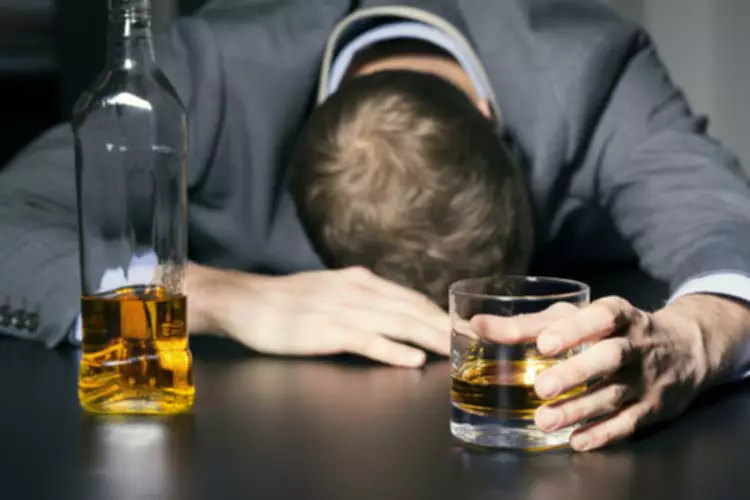
Guilt is having negative feelings about your past behavior. People in recovery can experience a lot of shame simply for having become addicted in the first place. Most people who make their way into recovery have left a lot of pain and suffering in their wake. Feeling guilty or ashamed of past behavior or actions during active addiction is natural and healthy. A therapist can help you learn new coping skills, develop new thinking patterns, and address any co-occurring mental health conditions that may make recovery more difficult.

Lessons I Learned From My Father’s Alcohol Addiction
- You’re all relaxed and chilled, you’d share stories, and it was a very positive experience.
- Secondly, and perhaps more obviously, not drinking alcohol can help with avoiding its harmful effects.
- It’s not been easy, but I keep reminding myself of the path that I was taking and don’t want to go there again.
- Being a recovering alcoholic means everything to me because cause if I continued to go down the path I was on I wouldn’t be here to share my story.
I had also stolen from people and I had to pay them back. I’m a family man so it was difficult for me to accept that I had stolen whilst under the influence of alcohol, or in order to become under the influence of alcohol. Public speaker, mental health advocate, and entrepreneur, Mikey Tableman inspires others through his story of recovery. Now, he helps others get started on the road to recovery as a treatment expert. https://ecosoberhouse.com/ Daniella Park, recovery advocate, author, and founder of Doing It Sober, celebrates 17 years of sobriety and shares her incredible story. David Hampton, Certified Professional Recovery Coach, shares his personal story with addiction and nearly 20-year long recovery journey.
- The life I had before I quit drinking was a lot like Groundhog Day; I was always waiting for it to begin and always reliving the same stuff, day after day, year after year.
- You gave me my life back, you helped re-introduce me to a loving God whom I serve today.
- Most people who stick within their limits will not experience significant harm,” he adds.
- “When you drink you experience life through a blurred lens and you often don’t really take in big events emotionally because of that.
- “Most of my withdrawal symptoms are gone, but I still have sharp pains in my head, can’t sleep, and get night sweats.”
‘I Quit Alcohol Four Years Ago—My Life Changed Completely’
A structured routine will help you achieve other goals in your life, whether they are short-term (like being on time for work) or long-term (like going back to school and changing careers). For example, you may have developed a co-dependent relationship, or a family member, friend, or employer may have been enabling you without even knowing it. The symptoms involved in PAWS can be a barrier to recovery if sober living blog you’re not careful. In addition to being able to recognize them, it’s important to know when to seek help.
Follow us on social media

I’ve also learned that sobriety is about taking the good with the bad. It is so empowering to be able to cope with life without drinking and using. I know that I can get through anything with the support of my higher power and my sober comrades.

The remaining battle is to maintain abstinence and recovery. “I’m very irritated at times. I feel really good about my choice to quit drinking. I have headaches often and I have weird and bad dreams. Every night I dream that I’m having a drink again.” I’ve chatted casually with friends about the reason behind my decision, and they’ve been nothing but lovely and supportive. But in new environments where drinking is the norm, I try to keep the fact I’m not drinking under wraps by ordering a diet coke or alcohol-free beer on the sly. From my experience, people don’t ask questions when you’re holding a drink, and I don’t want swerving alcohol to be my defining character trait when meeting new people. When I was drinking, it never occurred to me that I was an introvert.

